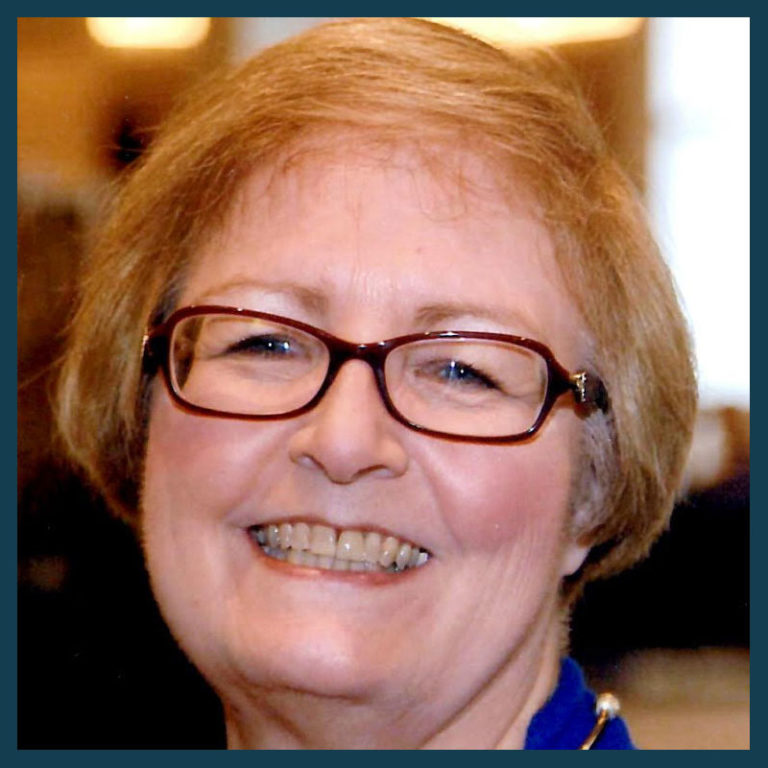Kay Crews is a professional parliamentarian and presiding officer working out of Texas. She is the immediate past president of the American Institute of Parliamentarians, and teaches parliamentary procedure professionally as Instructor for the Introduction to Parliamentary Procedure: Dynamics of Leadership course offered by the University of Wisconsin Independent Learning department. She also teaches classes across the country for many organizations.
Kay serves as a member of the Printed Material Division of the AIP Education Department and served as a member of the team that revised Ray Keesey’s Modern Parliamentary Procedure for the American Psychological Association. She is currently serving as Team Leader for the Authorship Team of the 2nd edition of the American Institute of Parliamentarians Standard Code of Parliamentary Procedure.
Previously, Kay was named the 2011 Parliamentarian of the Year by the Texas State Association of Parliamentarians, before becoming president of that organization in 2013. She holds professional credentials – the Certified Professional Parliamentarian from the American Institute of Parliamentarians and the Professional Registered Parliamentarian from the National Association of Parliamentarians. Fewer than 50 people hold that dual credential.
Kay is routinely hired as a parliamentarian, but she also provides services as a professional presiding officer, recording secretary, and teller. Outside of meetings, she provides parliamentary opinions, script-writing and bylaws-writing services.
Kay has programs available to offer, whether at a board meeting or as a break-out session at your next annual meeting. Her humor and common-sense approach to parliamentary problems make her a sought-after resource, both for training for practical meeting management.
Her national client base includes state and local governmental entities, educational associations, trade associations, business organizations, professional associations, membership societies, labor unions, homeowners’ associations, political parties, religious groups and charitable organizations.

